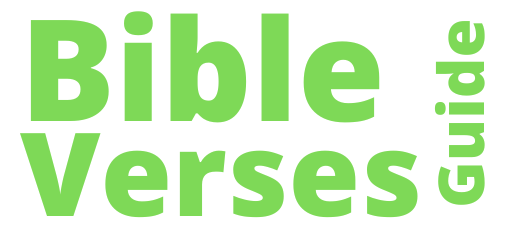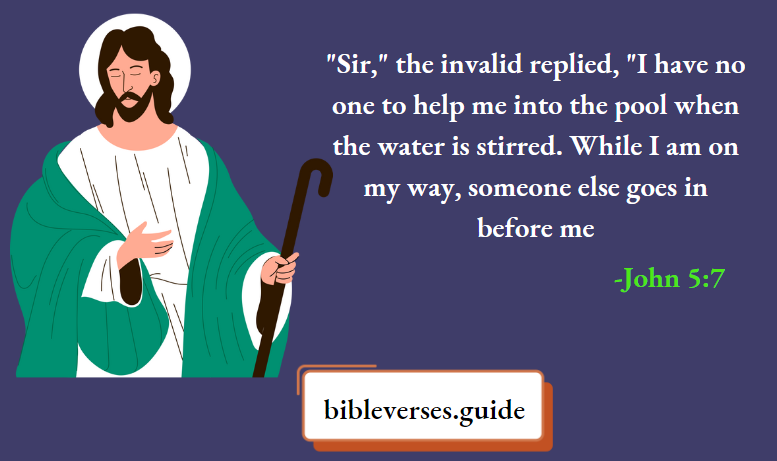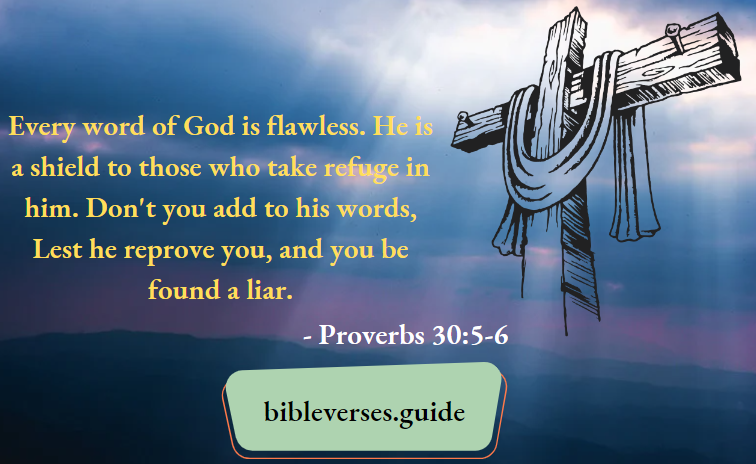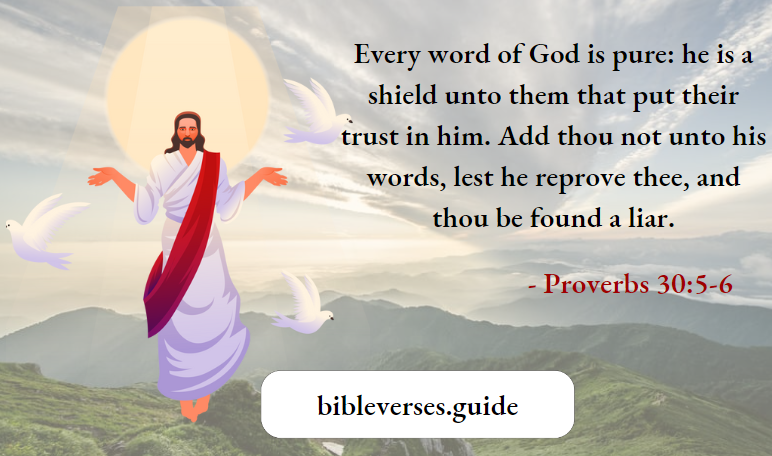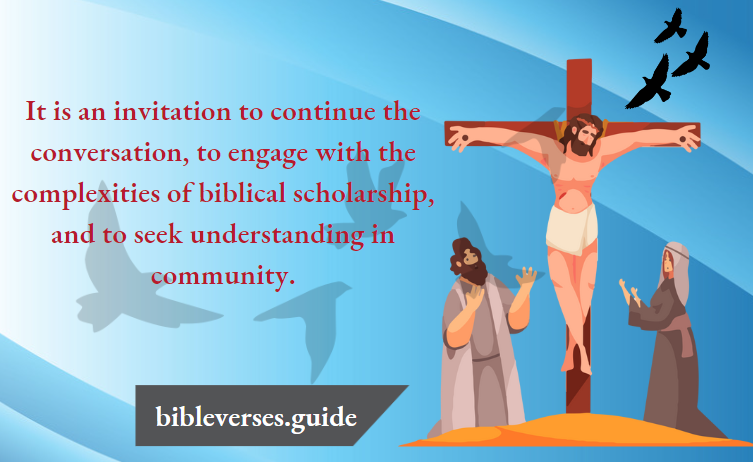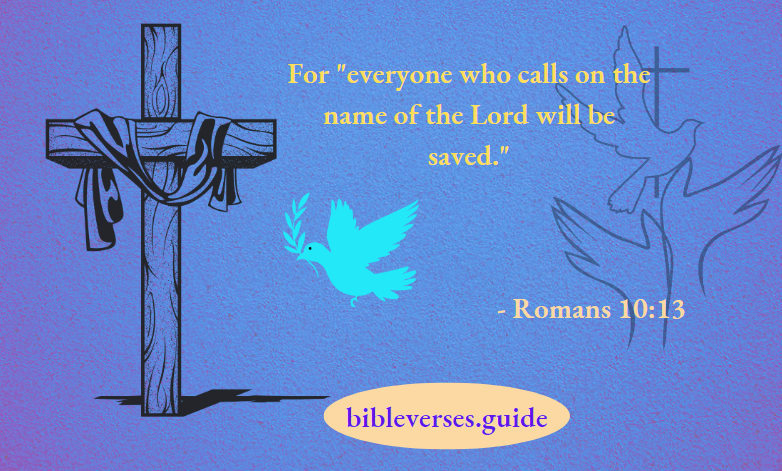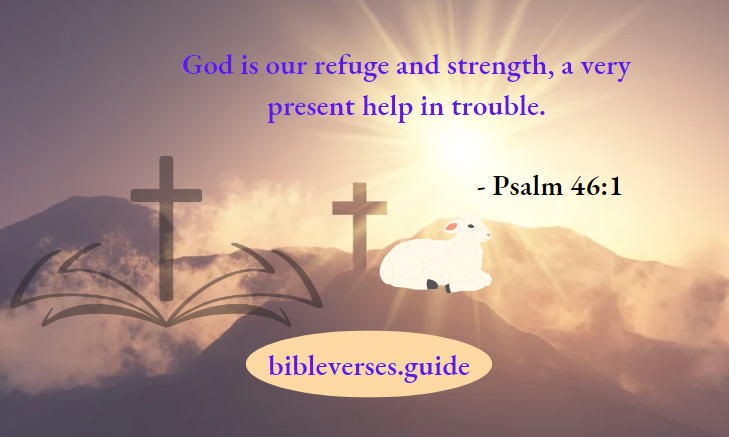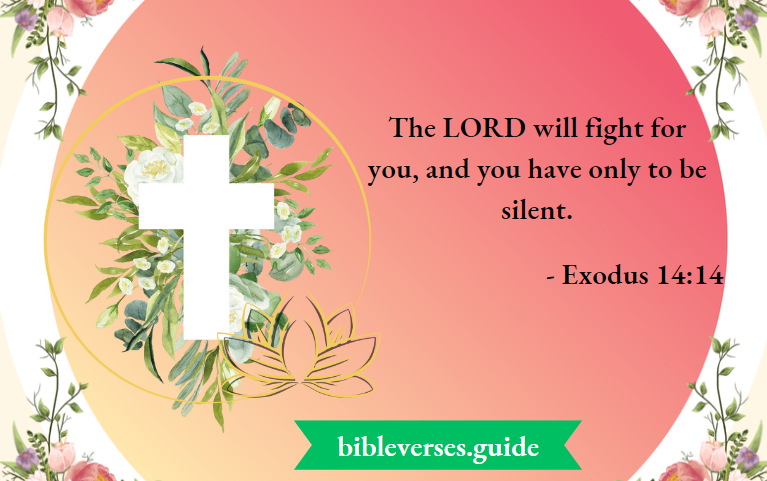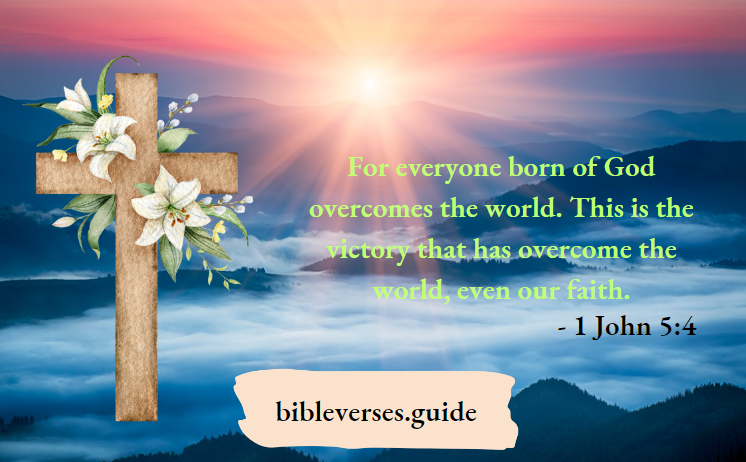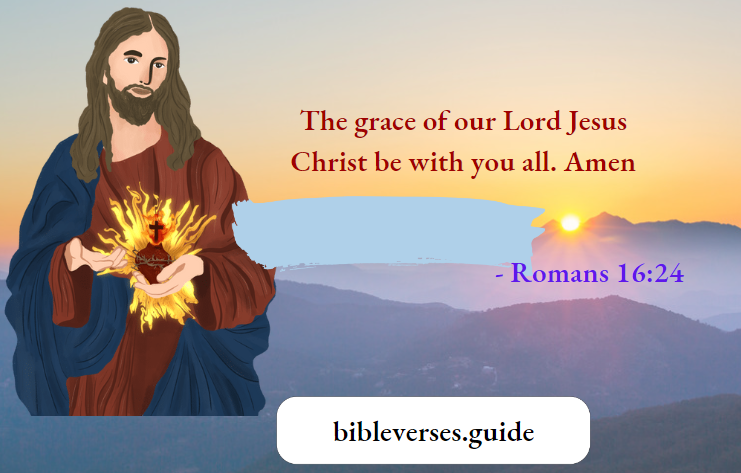The Tools Of The Trade
Give us the tools, and we will finish the job. — Winston Churchill
I used to work as a Heating Ventilation and Air Conditioning technician. I did it for 7 years and I quickly learned the value of having the right tool for the job.
One day, my boss and I faced a seemingly simple task: cutting a copper pipe for a refrigerant line.
However, a crucial tool was missing – the pipe cutter. My boss, determined to proceed, chose to use a file instead.
This improvisation transformed what should have been a straightforward job into a prolonged, laborious process. The file, unsuited for the task, made the work inefficient and exhausting.
Nestle-Aland vs UBS Greek Bible comparison
This experience serves as a poignant metaphor for the field of textual criticism, particularly when examining complex cases like the 16 missing verses in certain manuscripts.
Just as using a file instead of a pipe cutter proved ineffective and cumbersome, approaching textual criticism without the proper methodologies and tools can lead to similar struggles.
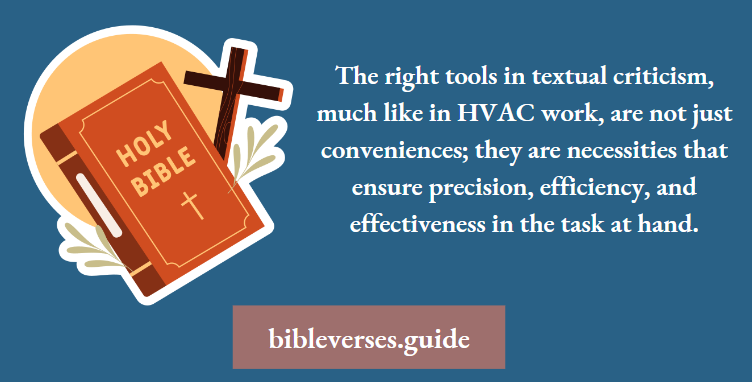
The Craft Of Textual Criticism
Just as archaeologists sift through layers of earth to uncover artifacts, textual critics meticulously examine ancient scriptures to uncover the original words of an author.
Much like a carpenter, who uses tools like hammers and saws to shape wood, textual critics employ specialized tools. However, these aren’t physical tools; they’re analytical techniques rooted in years of scholarly study and methodology.
Think of them as sophisticated instruments for the mind, crafted to help critics dissect, understand, and reconstruct ancient writings accurately.
The field of textual criticism didn’t spring up overnight. It’s the culmination of centuries of academic endeavor, evolving alongside advancements in paleography (the study of ancient writing), philology (the study of language in historical sources), and other related disciplines.
Methods for detecting non-original Bible verses
As scholars over the years encountered discrepancies in various manuscript copies, they realized the need for a systematic approach to discern which versions were closest to the original.
This realization gave birth to a set of criteria and tools that scholars now employ to make educated judgments about the authenticity of specific texts.
When delving into a manuscript, scholars are detectives on the lookout for anomalies or signs that hint at a text’s genuineness or lack thereof. Here are some of the tell-tale markers that guide their investigative process.
Remember, while these indicators can raise suspicions, they don’t always definitively prove a reading’s inauthenticity. However, they certainly spark intrigue and lead to a more thorough investigation.
Absence From Reliable Manuscripts: Often highlighted in Bible footnotes, this is usually the primary factor in evaluating a text’s authenticity.
Over the years, textual scholars have attributed varying degrees of reliability to certain manuscripts. A text’s absence from these authoritative sources raises eyebrows.
Parallel Corruption In Synoptic Gospels: This occurs when a scribe, familiar with one gospel, inadvertently inserts material from it while copying a similar story from another gospel.
It’s as if the scribe thinks, “I recognize this tale,” and unintentionally fills in missing pieces.
Variation In Author Vocabulary: When a word or phrase in the New Testament doesn’t align with an author’s usual style, it’s flagged.
For instance, an out-of-character phrase in the Gospel of Luke might be termed “non-Lukan vocabulary.”
Marginal Notes Becoming Text: Ancient Christians, much like their modern counterparts, annotated their Bibles.
However, because these scriptures were hand-written, distinguishing original text from annotations became challenging.
Caution often led scribes to include these notes, inadvertently introducing extraneous material.
Bible textual criticism techniques explained
Multiple Locations: A non-original verse often surfaces in various manuscript locations. Its lack of an anchored origin makes it susceptible to ‘migration.’
Sometimes, such verses shift slightly, but occasionally, they leap to entirely different books. Verses hopping around the text often hint at their non-original status.
Obelus and Asterisk: Scribes employed these symbols to signal potentially spurious or altered verses. The obelus, resembling a division symbol (÷), is particularly indicative.
Homoeoteleuton: Literally translating to “similar endings” describes a type of scribal error arising from identical or similar word endings.
This occurs when a scribe’s eye unintentionally jumps from one word to another with a matching ending, causing the accidental omission of the intervening text.
To illustrate with an English example, imagine a scribe copying a sentence with multiple words ending in “ing.” If not vigilant, the scribe might mistake one “ing” word for another, leading to skipped content.
Modern AI tools for biblical scholarship
English possesses a variety of common word endings such as “ing,” “ed,” and “ion.” In Greek, the situation is even more pronounced, with abundant shared endings that can easily be confused.
This linguistic trait significantly increased the risk of homoeoteleuton in ancient Greek manuscripts, making it a notable concern in the field of Textual Criticism.
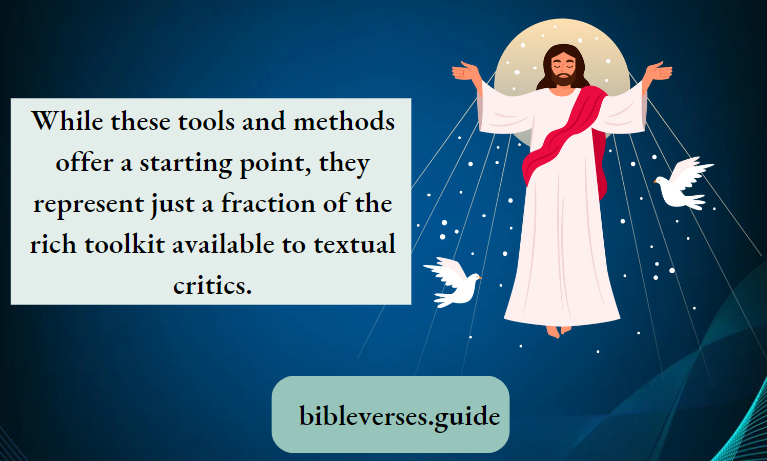
This foundational knowledge sets the stage for a deeper analysis of those 16 contested verses.
The Finished Product
Textual criticism is a meticulous art where scholars, like skilled craftsmen, carefully wield their knowledge and tools.
Their mission? To smooth out the wrinkles of history and piece together a puzzle scattered over time, revealing the most authentic representation of the New Testament possible.
It’s not merely about interpreting texts; it’s about chiseling away at historical discrepancies, smoothing the rough edges of time and intricacy.
The true value of their tools shines through in the scholarly masterpieces they help produce, testaments to the dedication and expertise of generations.
Among these scholarly achievements stand two prominent works: the Nestle-Aland Novum Testamentum Graece and the UBS Greek Bible. Far from being just books, they are treasure troves of research, each page reflecting the meticulous work of countless scholars.
Their shared goal is to reconstruct a Greek text that mirrors the original New Testament writings as closely as humanly possible. This laborious effort forms the bedrock for many modern English Bible translations.
How to analyze missing Bible verses
But the Nestle-Aland and the UBS editions are more than texts; they are comprehensive guides through the text’s journey across history.
Accompanied by detailed annotations, these works illuminate the intricate considerations and decisions made during the translation and compilation processes.
Nestle-Aland Novum Testamentum Graece
The Nestle-Aland Novum Testamentum Graece, commonly referred to as the NA, embarked on its scholarly journey in 1898. Named in honor of its initial preparer, Eberhard Nestle, this esteemed edition has witnessed a lineage of scholarly custodianship.
After Eberhard, the baton was passed to his son Erwin Nestle, who furthered the work his father had begun. Subsequently, Kurt Aland and his wife, Barbara Aland, became synonymous with the edition, injecting new vigor and scholarly rigor into its pages.
Throughout its storied history, the Nestle-Aland has undergone multiple meticulous revisions. Each iteration has been a labor of scholarly love and precision, seeking to weave together data from various ancient sources.
The aim has always been steadfast: to construct the most cohesive and authentic representation of the New Testament text as it might have originally appeared.
The Alands were renowned for their dedication to collating a vast array of Greek manuscripts. Their efforts were not merely academic; they sought to refine the text further, to hone it to a finer degree of accuracy and authenticity.
This involved sifting through countless variations, weighing evidence, and making informed decisions about the text’s original form.
The Nestle-Aland is distinguished not only by the Greek text it presents but also by its extensive critical apparatus. This apparatus, which takes the form of detailed footnotes, is a treasure trove of information.
It meticulously cites variations from different manuscripts, providing scholars and students alike with invaluable insights into the textual variants that exist.
For anyone delving into the depths of New Testament textual criticism, the Nestle-Aland Novum Testamentum Graece is more than a tool; it’s an indispensable guide.
UBS Greek Bible (United Bible Societies Greek New Testament)
The United Bible Society’s Greek New Testament, more succinctly known as the UBS Greek New Testament, was crafted with a specific audience in mind: translators.
Recognizing the unique challenges that translators face, the UBS edition was designed to be a more accessible tool than its more academically dense counterpart, the Nestle-Aland.
Its apparatus, or the critical notes and resources provided, was intentionally made user-friendly, distilling complex academic details into practical insights. This pioneering edition first made its way into the hands of translators in 1966.
The UBS Greek New Testament is the brainchild of an illustrious group of scholars, including Kurt Aland, Matthew Black, Bruce M. Metzger, and Allen Wikgren.
These principal architects laid the foundation for what would become a vital resource in biblical translation.
With each subsequent edition, a distinguished group of scholars contributed their expertise, ensuring that the text underwent continual refinement and adaptation to the evolving needs of translators.
Tailored to meet the needs of Bible translators, the UBS edition zeroes in on passages that pose particular translation challenges.
By highlighting these sections and offering guidance, it aids translators in navigating the complexities of rendering the scriptures into various vernacular languages accurately and faithfully.
While the Nestle-Aland and the UBS Greek New Testament serve distinct primary audiences, they share a crucial commonality: they underpin most modern English Bible translations.
These scholarly editions are not just repositories of text; they are foundational pillars upon which contemporary translations are built.
Tools for biblical textual criticism
This significant role is acknowledged in the introductions of virtually every modern English Bible, underscoring the reliance on the meticulous scholarship that these texts represent.
Both editions employ a system of manuscript names and symbols, quintessential tools of textual criticism, to weave a comprehensive narrative of the text’s journey through history.
They provide a transparent window into the decision-making process behind the translations, offering insights into why the Bible reads as it does today.
In essence, the Nestle-Aland and the UBS Greek New Testament are much more than academic texts; they are the bedrock of modern biblical scholarship.
Through them, readers and translators alike gain access to the painstaking efforts to preserve the scriptures’ integrity, ensuring that the words we read today are as close as possible to the original writings, faithfully bridging the gap between ancient scripts and contemporary understanding.
Embarking On The Hero’s Journey: Guides Along The Path To Textual Understanding
In the realm of storytelling, a narrative pattern frequently emerges, known as the “Hero’s Journey.”
This framework, popularized by Joseph Campbell in his work “The Hero with a Thousand Faces,” chronicles the stages of a protagonist’s journey through transformation and growth.
Central to this journey are two archetypal figures: the Helper and the Mentor.
While the Helper aids the hero through challenges and provides crucial tools, the Mentor offers wisdom, guidance, and deeper insights into the nature of the hero’s quest.
As a reader, you stand on the precipice of your own journey, about to step into the vast and sometimes perplexing world of textual criticism.
Consider Bruce M. Metzger’s seminal work, “A Textual Commentary on the Greek New Testament,” as your Mentor in this expedition.
Much of the knowledge and insights presented in this book have their roots in Metzger’s commentary.
His profound understanding and meticulous research light the way, ensuring you’re not lost in the intricate mazes of manuscript history.
For those who seek a Helper, a more accessible beacon in the digital age, the New English Translation (NET) online is a commendable choice.
Spearheaded by Dr. Daniel B. Wallace, a distinguished New Testament textual scholar and the senior New Testament editor of the NET Bible, it stands out for its exhaustive textual notes.
As you wade through the deep waters of this field, the NET Bible’s annotations serve as a reliable compass, guiding you toward clarity and comprehension.
Your journey through the annals of textual criticism will be enriched by these guides, ensuring you emerge more enlightened and informed.
It’s important to remember that this field is constantly developing.
Think of it like software updates for your phone or computer. The Nestle-Aland Novum Testamentum Graece is now on its 28th update, while the UBS Greek Bible is on its 5th.
This means that the Bible does get slight tweaks over time. However, these changes aren’t made randomly or with any hidden motives.
They result from scholars working hard to get the text as close to the original as possible. Every change is made with care and dedication to preserving the true message of the scriptures.
A Ticking Time Bomb
Delving into the realm of biblical scholarship can be an enlightening yet, at times, unsettling journey.
Some readers might be taken aback to learn that the Bible, akin to many ancient documents, has seen variations over time.
While it’s common to believe that every word in the Bible has remained untouched for centuries, it’s essential to recognize that even the scripture itself doesn’t claim such perfection.
Our modern digital world, replete with its precise copy-pasting and spell-checking, has inadvertently set a lofty benchmark.
Ancient manuscripts, hand-written and carefully copied, will naturally have minor differences. It’s anachronistic and unfair to hold these manuscripts to today’s standards.
In earlier times, two friends might sit, comparing their Bibles, and find slight variations. Yet, their faith and the essence of the teachings remained the same.
Alarmingly, many modern-day Christians are woefully uninformed about these textual intricacies despite scholars having delved into them for centuries.
Dr. Bart Ehrman brought these variations to the forefront in his 2005 book, “Misquoting Jesus; The Story Behind Who Changed the Bible and Why.”
While his revelations about textual discrepancies startled many, it’s crucial to differentiate between the existence of variations and the message’s core integrity.
Ehrman’s observations might have been factual, but asserting that these variations compromise the Bible’s entire credibility was an unfounded leap. Dr. Daniel B. Wallace, in response, emphasized the need to educate believers.
He argued,
One lesson we must learn from Misquoting Jesus is that those in ministry need to close the gap between the church and the academy.
We have to educate believers. Instead of trying to isolate laypeople from critical scholarship, we need to insulate them.
They need to be ready for the barrage because it is coming. The intentional dumbing down of the church for the sake of filling more pews will ultimately lead to defection from Christ. Ehrman is to be thanked for giving us a wake-up call. — Dr. Daniel B. Wallace
The age of passive faith is behind us. With the Bible undergoing intense scrutiny in contemporary times, critics like Frank from Chapter 1 are more informed and probing than ever.
For every Christian delving into this book, recognize that this is just the beginning of a deeper understanding. Embrace the journey, and together, let’s finally explore the 16 missing verses!
